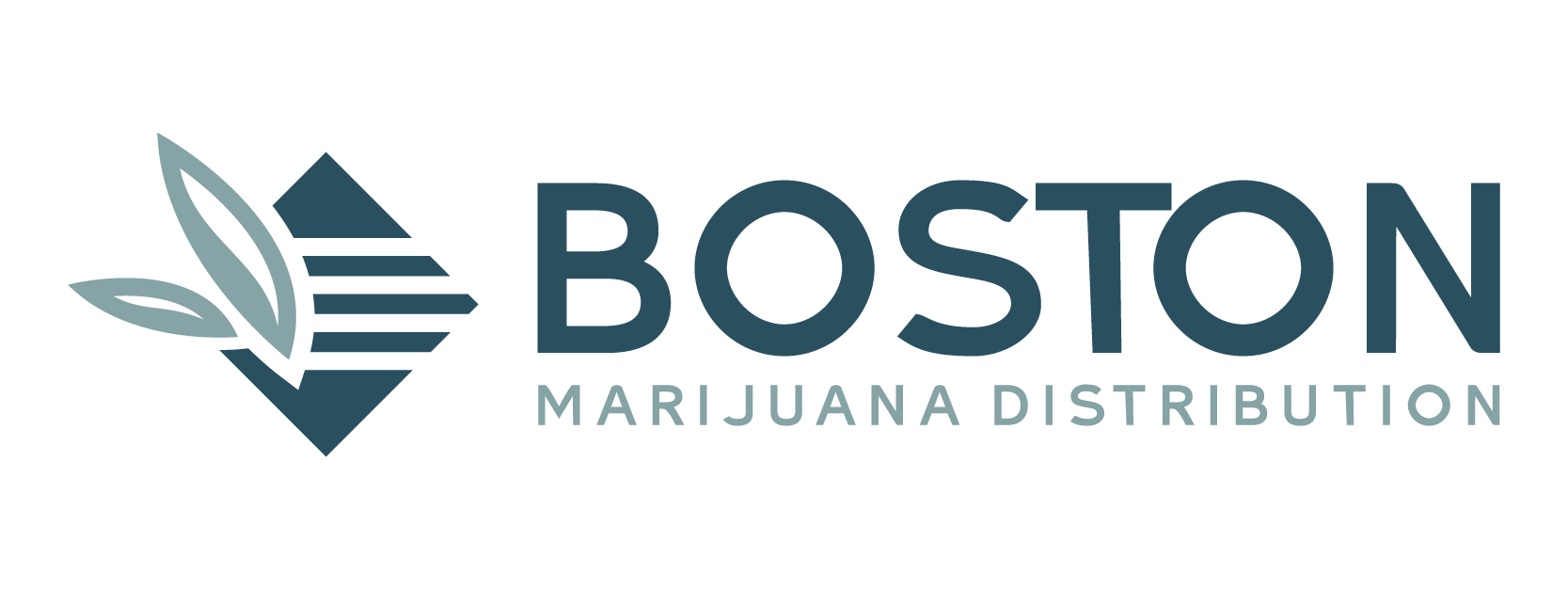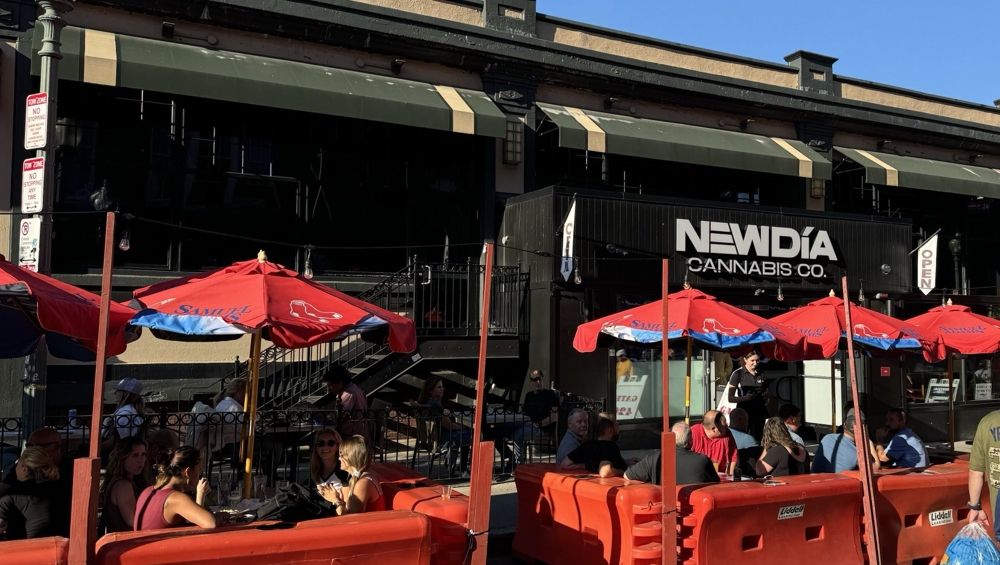Boston’s cannabis industry is booming—but it’s not just the budtenders or dispensary storefronts leading the charge. Behind the scenes is an often invisible yet essential workforce powering the city’s cannabis distribution chain. From warehouse staff and delivery drivers to compliance coordinators and logistics managers, these professionals are the gears turning within a tightly regulated and rapidly expanding machine.
More Than Just Retail: The Supply Chain Ecosystem
Since the legalization of adult-use cannabis in Massachusetts, Boston has emerged as a hub for cultivation, processing, and retail. Yet, the success of these businesses hinges on seamless coordination behind the scenes. The cannabis supply chain involves multiple moving parts, including product intake from cultivators, packaging, testing, warehousing, and final-mile delivery. And every step requires skilled hands.
Distribution specialists oversee transportation logistics, ensure secure hand-offs between license holders, and guarantee that every product complies with state-mandated inventory tracking systems like METRC. Inventory managers must reconcile shipment reports, package tags, and sales data to keep dispensaries stocked without violating Massachusetts purchase limits or compliance rules.
Delivery Drivers and Warehouse Workers: The Frontline of Fulfillment
In Boston’s urban landscape, cannabis delivery has become a preferred option for many consumers. Licensed delivery drivers—operating under strict security protocols—are tasked with not only timely service but full compliance, including ID verification, secure vehicle storage, and real-time GPS tracking. This role requires a combination of customer service skills, safety awareness, and tech-savvy operation of routing and compliance software.
Meanwhile, warehouse and fulfillment workers play a critical role in preparing orders, inspecting packaging, managing temperature-controlled storage for perishables, and coordinating with transport teams. These roles have grown in importance as the industry pivots toward e-commerce-style ordering and same-day delivery models.
Regulatory Knowledge is a Job Skill
Massachusetts has one of the most comprehensive cannabis regulatory frameworks in the country. Distribution professionals are expected to understand and follow complex Cannabis Control Commission (CCC) rules, including guidelines for testing, tracking, packaging, labeling, and delivery.
Compliance officers and logistics leads are increasingly valuable, tasked with ensuring that every move a product makes is documented, secure, and legally sound. Without this oversight, businesses risk severe penalties or license suspension. As such, this “hidden” workforce is not only operational but protective, shielding companies from costly regulatory violations.
Social Equity in the Distribution Chain
Social equity is another evolving feature of Boston’s cannabis workforce. The state’s Social Equity Program aims to support communities disproportionately harmed by the War on Drugs by offering training, resources, and licensing advantages. Many equity applicants are entering distribution and delivery roles, helping create a more inclusive workforce from the ground up.
For example, several courier companies in Boston are owned and operated by equity licensees who specialize in delivery services. These operations not only provide employment but also serve as a springboard for broader entrepreneurship in the cannabis space.
Recognition and Future Growth
While cultivation and retail grab headlines, the individuals who move products, monitor compliance, and coordinate logistics are the lifeline of the industry. They ensure that Boston’s dispensary shelves are stocked, deliveries are accurate, and regulations are followed to the letter.
As the market matures, demand for trained professionals in distribution roles is expected to rise. Industry leaders, policymakers, and consumers alike must recognize the indispensable contributions of this hidden workforce and support their growth through fair wages, professional development, and continued investment in workforce training.
In Boston’s cannabis economy, the people behind the scenes may not always be visible—but their impact is unmistakable.







